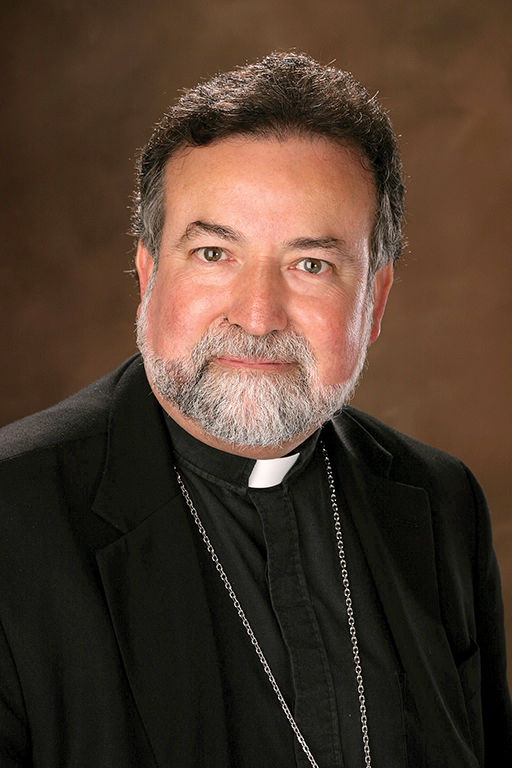The “California Safe Neighborhoods Act,” which would implement much needed sentencing reform and improve public safety by investing in victim assistance and prisoner rehabilitation, was unanimously endorsed this week by California’s Catholic bishops.
The Act will appear as Proposition 47 on the November General Election Ballot. In a statement, Bishop Jaime Soto of Sacramento, president of the California Catholic Conference, noted that the Act “will make our communities safer.”
Moreover, he added, the Act “will provide educational support and treat mental illness where it can yield the best results for the communities of California. Prop 47 will eliminate the disparities in sentencing for certain non-violent crimes. It addresses prison overcrowding and sentencing discrepancies in constructive ways, and uses the savings for victims’ assistance, mental health programs, public education, drug treatment, and inmate rehabilitation.”
Despite years of effort, said Bishop Soto, the criminal justice system in California remains “desperately in need of significant reform. Victims are not receiving much needed assistance in healing, the State’s over-crowded prisons are under Federal scrutiny, and rehabilitation programs barely exist in the State’s prisons.
“An inconsistent patchwork of sentencing practices has been a major contributor to this unhealthy situation. So, too, failing schools and a woefully inadequate community mental health system are becoming merely preludes to prison.”
Incarceration, he asserted, “does a miserable job of educating people and treating mental illness — but that has become the norm for California.
“All human life is sacred and, therefore, all social policies and actions in the realm of criminal justice — as with all of our individual and societal actions — must begin with respect for the life and dignity of the human person. In the context of criminal justice, this means that we must first stand in solidarity with victims. When families are shattered, communities are ripped apart and lives are destroyed.
“We must seek healing and restoration to the fullest extent possible. Victims and their families need to know that they are not alone and that the resources of the Church and greater community are there to walk with them through their suffering and pain.”
Additionally, said Bishop Soto, adequate funding for programs to prevent crime is essential.
“Protecting each of us from harm is among the most basic of government functions,” he said. “The common good requires a safe, nourishing environment in which all members of society can flourish. It also demands that those who have broken society’s trust are not considered lost but — while paying the price for their actions — are given an opportunity to once more become contributing members of society.
Simultaneously, he continued, all must work to eliminate the root causes of crime “by recognizing the social value of having good schools and an effective community health system, including mental health. Safe neighborhoods, dynamic educational institutions, and quality, accessible health care provides all of us with security, opportunity, and the chance to prosper together.”
“Finally, we must also acknowledge the contributions of the women and men who labor daily in the criminal justice system — from district attorneys, police and correctional officers to ministers and volunteers who bring spiritual care to victims and offenders. They are society’s surrogates in a difficult environment and we owe them our thanks and our prayers for their dedicated service.”

